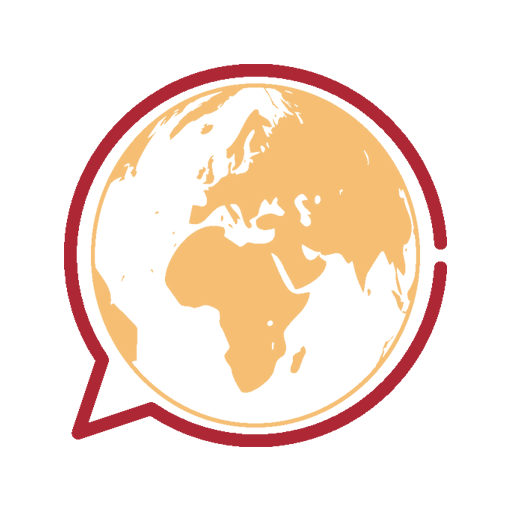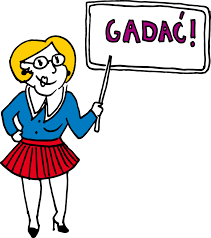

Polish (język polski [‘jɛ̃w̃zɨk ˈpɔlskʲi] , polszczyzna, or simply polski [ˈpɔlskʲi] ) is a West Slavic language of the Lechitic group. It is spoken primarily in Poland and serves as the native language of the Poles. In addition to being an official language of Poland, it is also used by Polish minorities in other countries. There are over 50 million Polish-language speakers around the world and it is one of the official languages of the European Union.
Polish is written with the standardized Polish alphabet, which has nine additions to the letters of the basic Latin script (ą, ć, ę, ł, ń, ó, ś, ź, ż). Among the major languages, it is most closely related to Slovak and Czech, but differs from other Slavic varieties in terms of pronunciation and general grammar. In addition, Polish was profoundly influenced by Germanic languages, most notably German, and Italic languages like Latin and French, which contributed to a large number of loanwords and similar grammatical structures. Polish currently has the largest number of speakers of the West Slavic group and is also the second most widely spoken Slavic language.
Historically, Polish was a lingua franca, important both diplomatically and academically in Central and Eastern Europe. Today, Polish is spoken by over 38.5 million people as their first language in Poland. It is also spoken as a second language in northern Czech Republic and Slovakia, western parts of Belarus and Ukraine as well as in central-western Lithuania and Latvia. Because of the emigration from Poland during different time periods, most notably after World War II, millions of Polish speakers can be found in countries such as Israel, Australia, Argentina, Brazil, Canada, (the United Kingdom, Ireland) and the United States.










